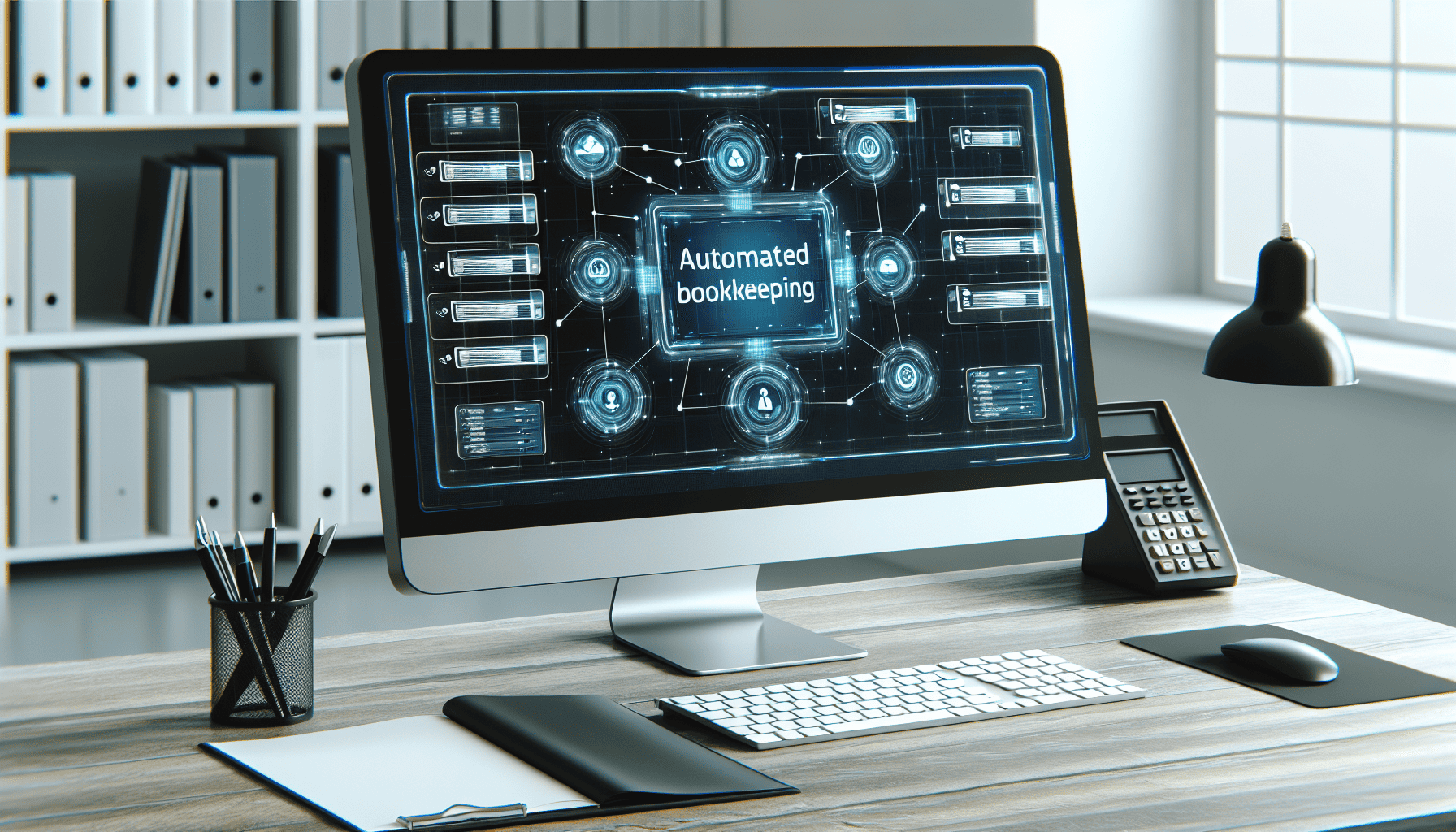In today's rapidly evolving business landscape, staying ahead requires efficiency and precision, especially in financial management. Traditional bookkeeping methods, once the cornerstone of business accounting, are gradually being replaced by innovative automated bookkeeping solutions. These advanced systems offer businesses a seamless experience, transforming the way financial data is handled and reported.
Automated bookkeeping solutions leverage cutting-edge technology to streamline and optimize financial management processes. They eliminate the manual entry of data, reducing the risk of human errors and saving valuable time. By automating repetitive tasks such as data entry, bank reconciliation, and invoice processing, businesses can allocate resources more effectively and focus on core activities that drive growth.
One of the standout features of automated bookkeeping is its ability to integrate seamlessly with existing financial systems. Whether a company uses cloud-based accounting software or on-premises solutions, automated tools can be tailored to fit specific needs. This ensures that businesses can modernize their financial operations without the need for a complete overhaul of current systems.
Moreover, automated bookkeeping solutions provide real-time insights into financial performance. This allows businesses to make informed decisions based on accurate, up-to-date information. With comprehensive reporting and analytics, companies can track expenses, monitor cash flow, and plan budgets with greater precision and confidence.
Security is another crucial advantage of automated bookkeeping. With advancements in cybersecurity, these systems offer robust protection of sensitive financial data. By employing encryption, multi-factor authentication, and secure data storage, businesses can safeguard their financial information against potential threats and breaches.
For small and medium-sized enterprises (SMEs), the benefits of adopting automated bookkeeping solutions are particularly significant. These businesses often operate with limited financial resources and personnel. Automating bookkeeping tasks not only reduces operational costs but also frees up staff to focus on strategic initiatives rather than day-to-day accounting chores.
Furthermore, automated bookkeeping systems are continuously evolving to incorporate artificial intelligence and machine learning. These technologies enhance the system’s ability to categorize transactions, predict financial trends, and offer personalized insights tailored to a business's unique financial behaviors and goals.
The transition to automated bookkeeping does not come without its challenges. Businesses must carefully assess their needs and choose a solution that aligns with their objectives. Proper training and support are essential to ensure that staff can effectively utilize the new system. However, the long-term benefits outweigh the initial adaptation hurdles, as automated solutions significantly enhance productivity and accuracy in financial operations.
In conclusion, automated bookkeeping solutions represent a transformative shift in the way businesses handle their financial management. By embracing these advanced technologies, companies can enjoy a seamless, efficient, and secure bookkeeping process. This not only enhances their financial operations but also positions them for sustained success in an increasingly competitive market. As technology continues to advance, automation will undoubtedly play a pivotal role in shaping the future of bookkeeping, offering unprecedented levels of convenience and accuracy.
